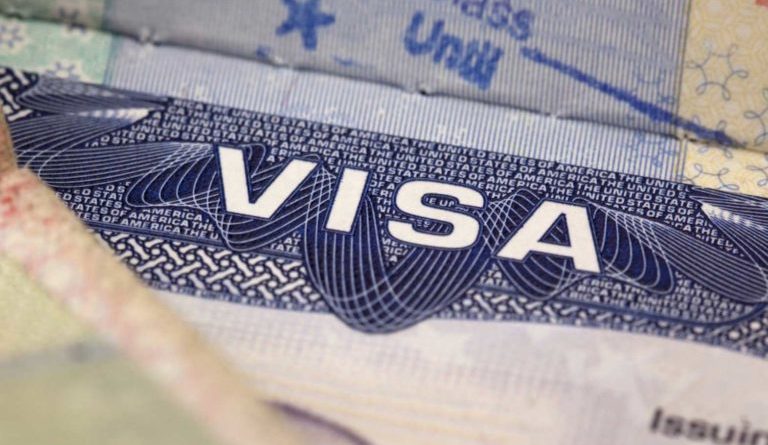OP ED | OPINION-US VISA | IMMIGRATION CORNER- No visas for ‘offspring’

.
Dear Atty. Gurfinkel:
Years ago, I was petitioned by my US citizen parent in the F-3 category (married child of US citizen). The priority date on my petition is now current, and I am being processed for my immigrant visa at the US embassy, along with my spouse and our 19-year-old daughter.
I know the F-3 petition includes my spouse and my minor child. The problem is that my 19-year-old daughter had a baby. We want to also bring the baby with us to the US, but we were told my grandchild cannot get a visa. We just can’t leave this infant in the Philippines. Is there a way by which my daughter can bring her baby with us to the US?
Very truly yours,
A.G.
Dear A.G.:
US immigration laws set forth those family members included under the various family petitions. Congress has decided, in making these laws, to draw a line on which family members can be included, or how far down the “family tree” a petition will go. The law allows only the following family members to be included under a petition.
• Primary or Principal Beneficiary: This is the person who was directly petitioned by the Petitioner (or is named as the Beneficiary in that petition). In your case, you are the primary beneficiary.
• Derivative Beneficiaries: Derivative beneficiaries include the spouse and unmarried children (under 21 years of age) of a Primary Beneficiary. In your case, your spouse and minor child would be derivative beneficiaries. (Note: derivative beneficiaries are not included or allowed in “immediate relative” petitions of US citizens. Only one person is allowed per petition.)
• Children of derivatives, called “offspring,” are NOT eligible for immigrant visas. This would include any babies of Derivative Children (or grandchildren of the Primary Beneficiary). In your case, your daughter is your derivative, and her baby would be considered an “offspring” and is therefore not eligible for an immigrant visa, even though only an infant.
I know consuls have to sometimes face the heart-wrenching experience of telling families that infant offspring are not eligible for visas. But the consuls are simply following the law. If consuls issued visas to offspring, they would be breaking the law. So, it is not the consul’s decision (or fault) that offspring have to be left behind; it is simply what the law provides.
In your case, your daughter faces a choice of either staying behind in the Philippines with her child, or coming to the US, getting her green card and then petitioning her baby in the F-2A category. Although the backlog for petitions of minor children of immigrant parents is about two years, at least after that, your entire family (including the baby) will eventually get to the US.
In addition, if your daughter really wants to be with her baby, she can come to the US, obtain her green card and then apply for a re-entry permit, allowing her to stay outside the US for about two years with her baby, without being considered to have “abandoned” her green card.
If your family has issues or questions about who can be included under a petition, you should seek the advice of an attorney, even for derivative beneficiaries who have aged out, as they may still be eligible under the Child Status Protection Act (CSPA).
* * *
WEBSITE: www.gurfinkel.com
Follow us on Facebook.com/GurfinkelLaw, YouTube: US Immigration TV and Instagram.com/gurfinkellaw
Four offices to serve you: Los Angeles; San Francisco; New York: Toll free number: 1-866-GURFINKEL (1-866-487-3465); Philippines: +632 88940258 or +632 88940239
.
 Ads by: Memento Maxima Digital Marketing
Ads by: Memento Maxima Digital Marketing
@[email protected]
SPACE RESERVE FOR ADVERTISTMENT


 Memento Maxima Digital Marketing
Memento Maxima Digital Marketing






